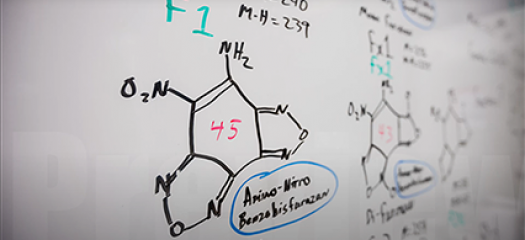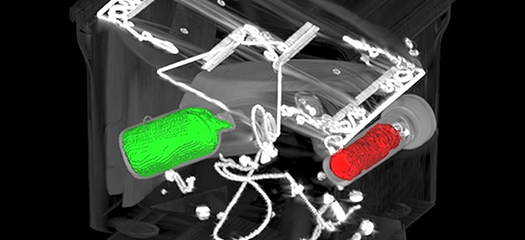The Department of Energy and the National Cancer Institute are engaged in a multi-year partnership to advance cancer research using modern HPC resources. One of the three ensuing projects, nicknamed Pilot 2, explores interactions between cell membranes and specific proteins that induce many forms of cancer. CASC works closely with computational scientists and experimental biologists at LLNL and other national laboratories on Pilot 2.
RAS and RAF proteins are believed to create a signaling chain responsible for almost one-third of all human cancers. Understanding protein biology requires modeling at different spatial and temporal scales—from nano- to milliseconds and from nano- to micrometers.
The project’s multiscale simulation infrastructure supports large-scale biomolecular simulations. A sophisticated deep learning model is trained on coarse macroscale simulations before resources are spent on more detailed, higher fidelity microscale molecular dynamics simulations. These simulations are used to derive new insights into understanding detailed biomolecular mechanisms and can lead back to developing new drug targets for cancer.


